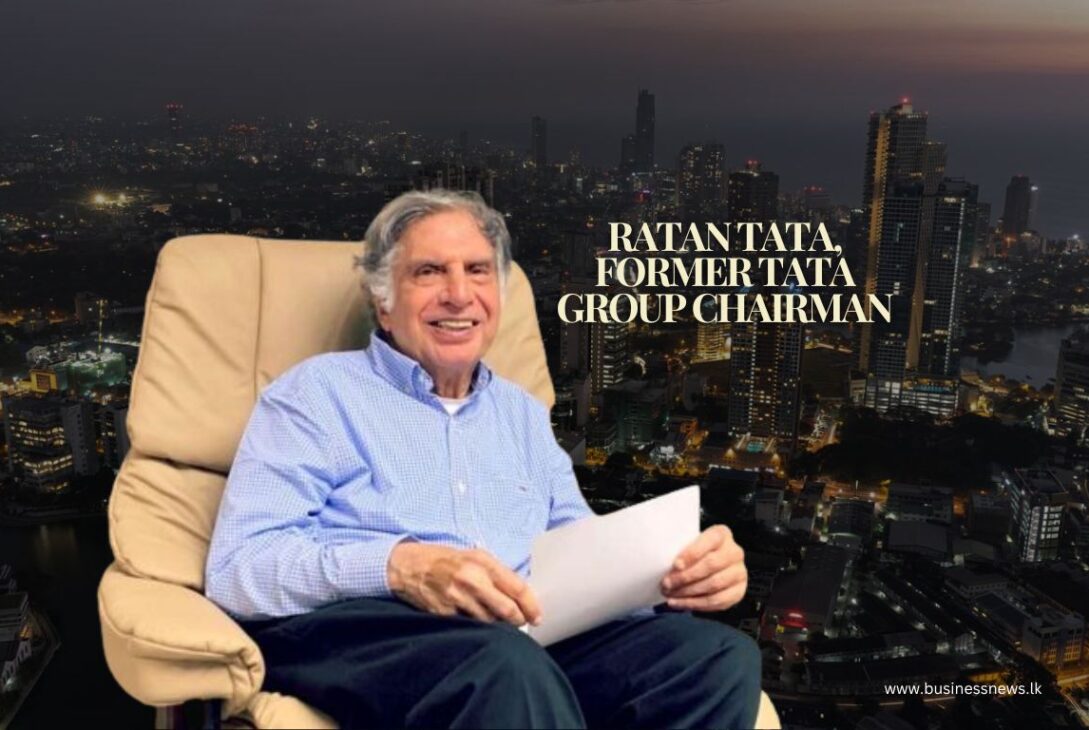Ratan Tata, the former chairman of the Tata Group and a prominent figure in India’s corporate history, passed away at the age of 86, the Tata Group confirmed on Wednesday.
Renowned for his transformative leadership, Tata led the conglomerate for over two decades, placing it on the global stage with a series of landmark acquisitions that reshaped the Indian business landscape.
A Legacy of Strategic Leadership and Global Expansion
Ratan Tata began his illustrious career in 1962, joining the Tata Group, a company his great-grandfather founded nearly a century earlier. With a degree in architecture from Cornell University, Tata’s early contributions involved steering various group companies like Tata Motors and Tata Steel towards profitability. His leadership marked a significant turning point in 1991, when he took over as chairman from his uncle, J.R.D. Tata, at a time when India was opening up its economy to the world.
Under his stewardship, Tata Group not only consolidated its position in India but also ventured into global markets. His tenure saw several high-profile international acquisitions, including British tea company Tetley in 2000, Anglo-Dutch steelmaker Corus in 2007, and British automotive brands Jaguar and Land Rover in 2008. These acquisitions not only expanded Tata Group’s global footprint but also changed the perception of Indian companies on the world stage.
Transformational Projects and Innovations
Ratan Tata’s legacy is punctuated by innovations like the Tata Indica, India’s first indigenously designed car, and the Tata Nano, which he envisioned as an affordable car for the masses. While the Nano faced challenges and was eventually discontinued, it remains a testament to Tata’s desire to provide accessible technology to every Indian.
In 2004, he took Tata Consultancy Services (TCS), the group’s IT services arm, public, turning it into a global leader and a major revenue generator for the conglomerate. His strategic foresight also led to the establishment of Tata Teleservices in 1996, further diversifying the group’s presence in the telecommunications sector.
Philanthropy and Personal Life
Beyond his corporate achievements, Ratan Tata was known for his philanthropic work. Approximately two-thirds of Tata Sons’ share capital is held by philanthropic trusts, supporting education, healthcare, and social development initiatives across India. Despite his immense success, Tata was known for his modest lifestyle and dedication to philanthropy.
A licensed pilot and a passionate advocate for entrepreneurship, he continued to invest in Indian startups post-retirement, supporting ventures like Paytm, Ola Electric, and Urban Company, encouraging the next generation of Indian innovators.
A Controversial Yet Inspiring Leadership
Ratan Tata’s tenure was not without controversy. His departure from active leadership saw a contentious battle with his successor, Cyrus Mistry, culminating in Mistry’s removal as chairman of Tata Sons in 2016. Despite the fallout, Tata remained a respected figure, known for his ethical leadership and unwavering commitment to the company’s values.
Final Farewell to a Business Icon
Ratan Tata’s passing marks the end of an era for Indian business. He leaves behind a lasting legacy of innovation, philanthropy, and global ambition. His contributions to the Tata Group and his role in positioning Indian businesses on the world stage will be remembered for generations to come.
Last modified: October 10, 2024













